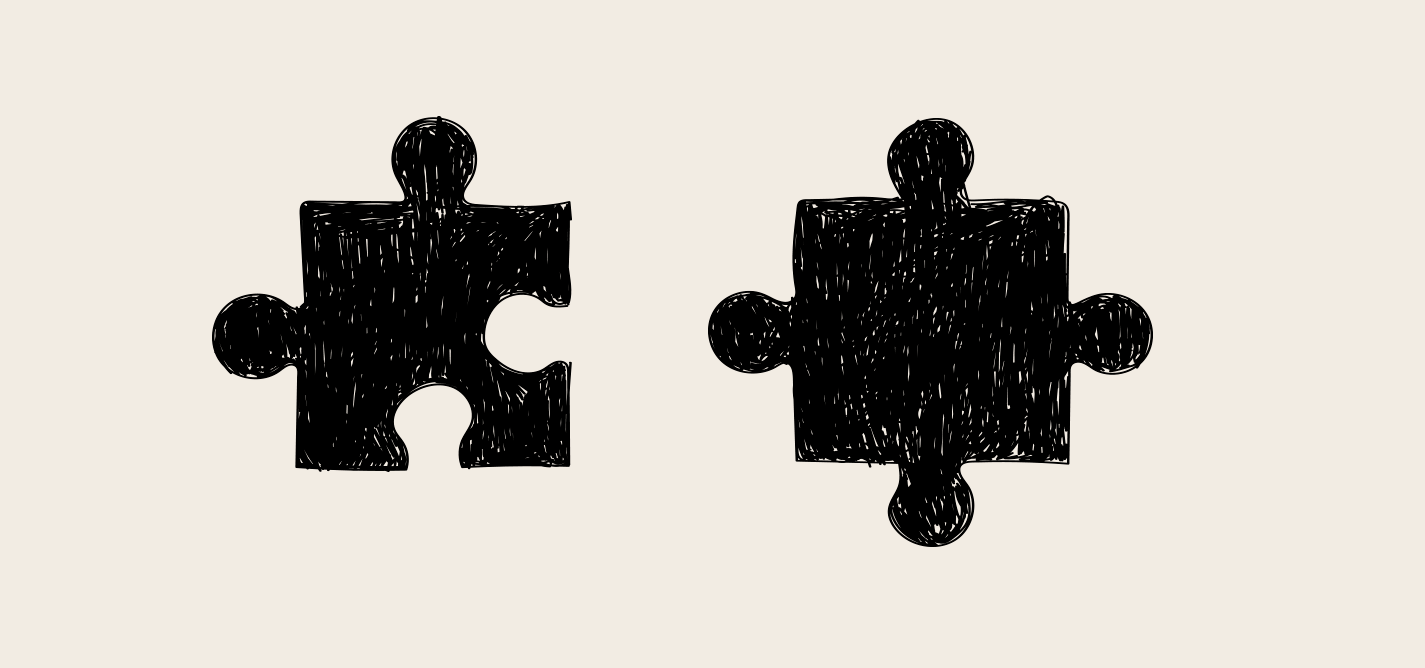
Is inclusive development possible without collective therapy?
The collective trauma from the bitter past with Serbia will not leave us, even during the pandemic.
Creating a balance between the pensions of KLA members and those of civil victims would not cause a permanent burden on the budget.
Finding a regional truth is indispensable, knowing the regional character of the Yugoslav wars.

Njomza Haxhibeqiri
Njomza Haxhibeqiri has finished her advanced postgraduate studies in international public law with a specialization in peace, justice and development at the University of Leiden in the Netherlands. She has previously been engaged in civil society, specifically in the field of transitional justice in Kosovo.
DISCLAIMERThe views of the writer do not necessarily reflect the views of Kosovo 2.0.
This story was originally written in Albanian.